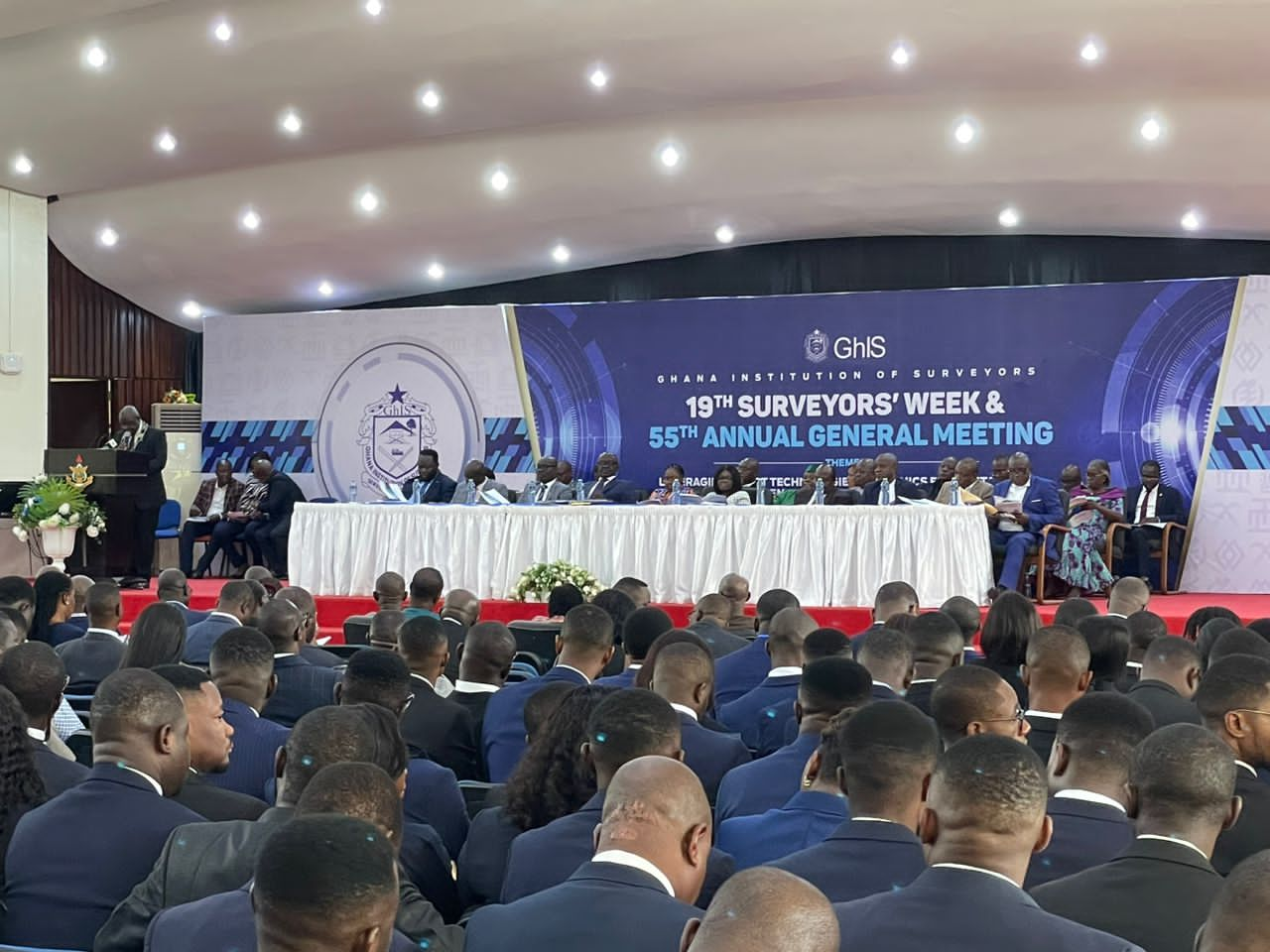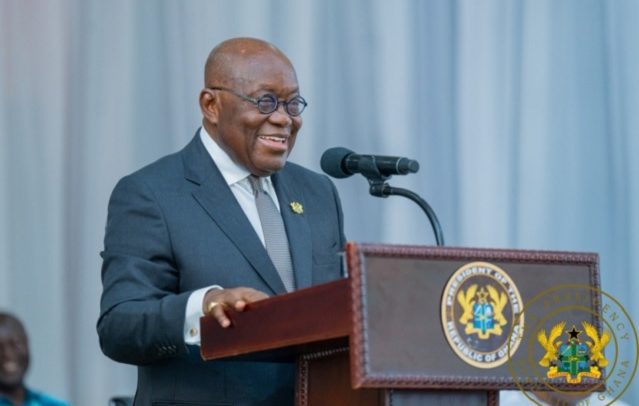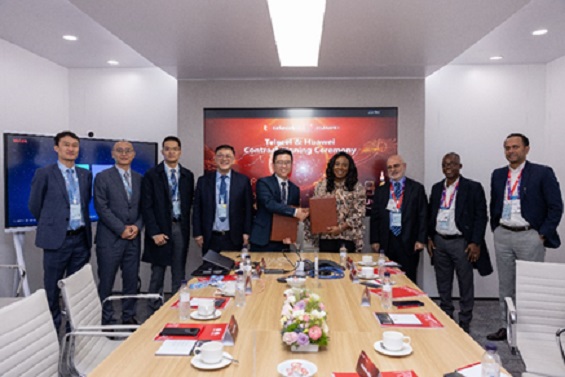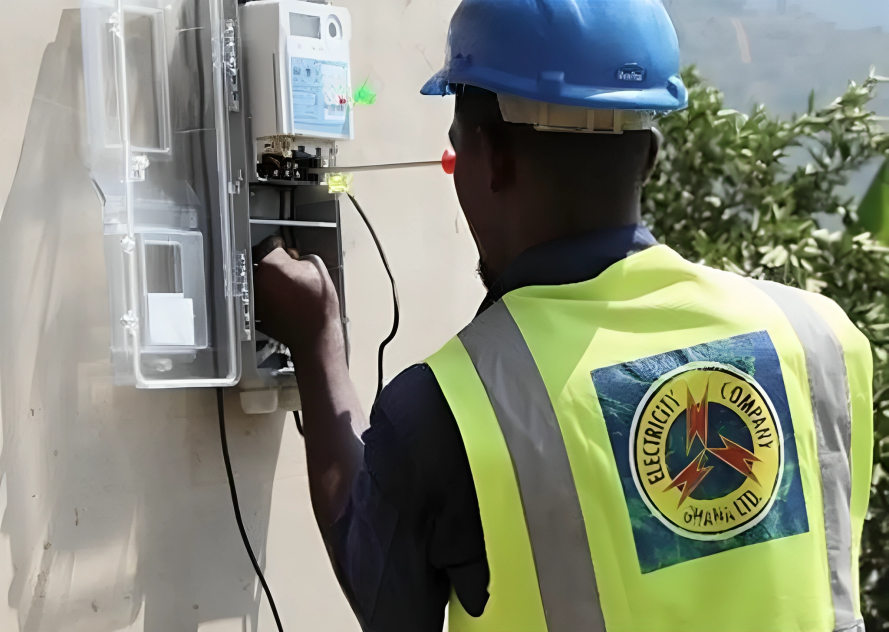
Officials at the opening of the Regional Validation Meeting
The Director of Free Movement at the ECOWAS Commission, Albert Siaw-Boateng, has revealed that international migrant workers in West Africa reached approximately 4.1 million by 2020, up from 3.74 million in 2017, pointing to a growing trend in regional mobility.
According to him, labour migration accounts for 57.7% of the region’s 7.1 million migrants, with men comprising 64.1% and women 35.9% of the migrant workforce.
He made these remarks at the opening of the Regional Validation Meeting of the ECOWAS Labour Migration Strategy and Action Plan.
Mr. Siaw-Boateng stated that the objective of the meeting is to review and validate the ECOWAS Labour Migration Strategy and its accompanying action plan. “This milestone document is crucial for ensuring safe, orderly, and regular migration in the region, aligning with ECOWAS’ regional economic agenda and commitment to the free movement of people,” he noted.
He added that the strategy supports the community’s strategic framework and the current management’s objectives by addressing the growing number of migrant workers in the ECOWAS region.
“Labour migration is a key driver of regional trade, employment, and poverty reduction, with remittances exceeding $40 billion annually,” he noted.
Mr. Siaw-Boateng also emphasised that the ECOWAS Protocol on Free Movement of Persons enables community citizens to establish businesses in any member state, thereby promoting economic development and labour mobility. However, he acknowledged that challenges persist, including informality, underemployment, exploitation, and limited access to social security.
“Notably, gaps in governance, infrastructure, and interstate coordination hinder effective migration management,” he explained, and added, “Addressing these gaps is crucial for promoting sustainable development and protecting the rights of migrant workers in the region.”
The Minister for Labour, Jobs and Employment, Dr. Abdul-Rashid Hassan Pelpuo, reiterated that, according to the World Bank’s 2024 report, approximately 3.7 million migrant workers moving between countries in West Africa represent a significant demographic.
He noted that the strategy presents a collective opportunity to transform labour migration in the region by moving from fragmented national approaches to true regional cooperation.
This, he indicated, is aimd at replacing exploitation with employment, and vulnerability with dignity—turning promises into practice.
“As we validate this strategy, three crucial priorities must guide our work. We need to build governance systems that work for people, simplify work permit processes, and improve labour market data systems,” he emphasised.
He further added that protecting vulnerable individuals is essential, requiring robust systems that prevent abuse and guarantee access to social security across borders.
“Additionally, we must harness migration’s development potential by channeling remittances into productive investments and connecting diaspora expertise with local businesses,” Dr. Pelpuo stated.
For his part, the Resident Representative of ECOWAS in Ghana, Mr. Mohammad Lawan Gana, underscored that migration is a complex issue driven by various factors including socio-economic conditions, environmental degradation, and insecurity.
He stressed that effective management requires coordinated strategies among stakeholders to address root causes and respond to current and future challenges, ensuring the well-being and protection of migrants.
Also speaking at the event, Programme Support Officer at the African Union Commission, Adaeze Molokwu, noted that the ECOWAS Labour Migration Strategy aims to improve governance, protect migrant workers’ rights, and promote regional cooperation—aligning with African Union frameworks and international labour standards.
By Janet Odei Amponsah
The post ECOWAS Pushes For Stronger Labour Migration Framework appeared first on DailyGuide Network.
Read Full Story













Facebook
Twitter
Pinterest
Instagram
Google+
YouTube
LinkedIn
RSS